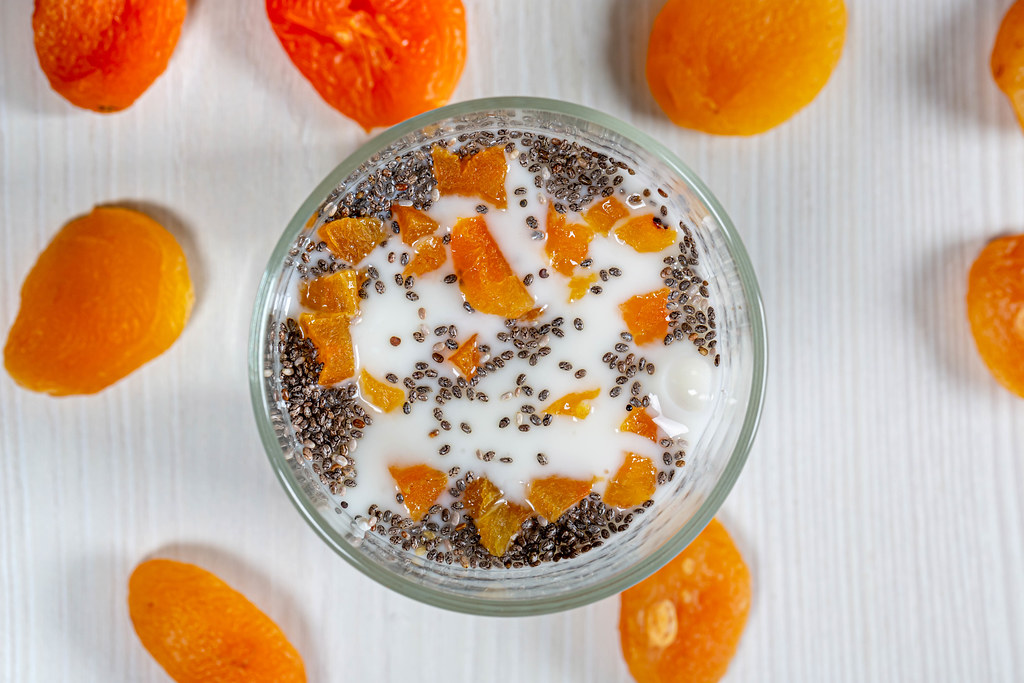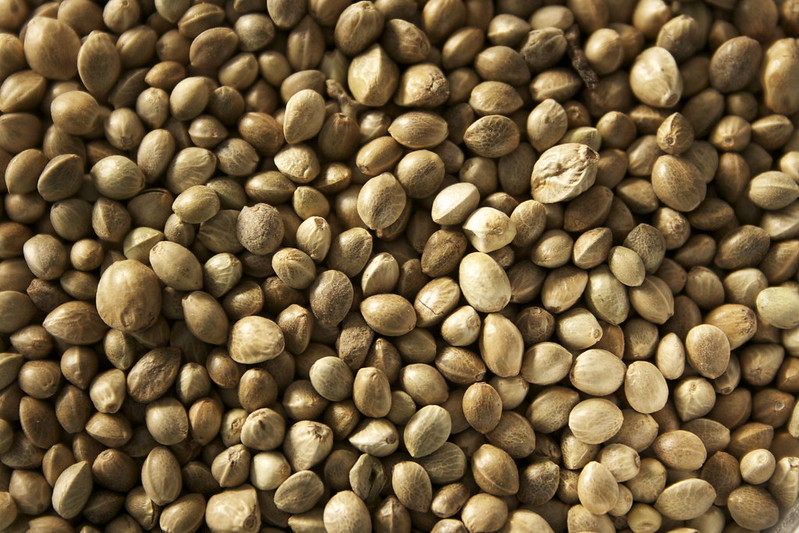Introduction:
Welcome back to our Lentils for Weight Loss series! In this second post, we will delve deeper into the incredible benefits lentils offer for weight loss and overall health. Lentils are not only delicious and versatile, but they also pack a powerful nutritional punch. Understanding the specific benefits they bring to the table can motivate and inspire you on your weight loss journey. So, let’s explore the five key benefits of incorporating lentils into your diet and discover why they are a must-have ingredient for both your waistline and your well-being.
- High in Protein: 🥦
Lentils are a fantastic plant-based source of protein, making them an ideal choice for individuals seeking weight loss. Protein plays a crucial role in weight management as it helps promote feelings of fullness, reduce cravings, and support the maintenance of lean muscle mass. Lentils provide approximately 18 grams of protein per cooked cup, making them a substantial addition to any meal. Including lentils in your meals can help ensure you meet your daily protein needs without relying solely on animal-based sources. Additionally, lentils are a great protein option for vegetarians and vegans looking to maintain a balanced diet.
- Rich in Fiber: 🌾
Fiber is a dietary superhero when it comes to weight loss. Lentils are rich in both soluble and insoluble fiber, which brings a multitude of benefits. Soluble fiber forms a gel-like substance in the digestive system, helping to slow down digestion and promote feelings of fullness. This can aid in appetite control and prevent overeating. Insoluble fiber adds bulk to the diet, aiding in digestion and supporting regular bowel movements. By including lentils in your meals, you can increase your fiber intake, support a healthy digestive system, and improve overall gut health.
- Low in Fat and Calories: 🍃
For successful weight loss, it’s crucial to choose foods that are low in fat and calories while still providing essential nutrients. Lentils fit the bill perfectly. They are naturally low in fat and calories, making them a great option for creating balanced meals that support weight loss goals. One cup of cooked lentils contains only about 230 calories and less than one gram of fat. This allows you to enjoy a generous serving of lentils without compromising your calorie intake. By incorporating lentils into your meals, you can add volume, texture, and nutritional value without the added calories and fat found in many other protein sources.
- Complex Carbohydrates for Sustained Energy: 🍽️
Lentils provide complex carbohydrates, which are digested slowly by the body. Unlike simple carbohydrates that cause a rapid spike in blood sugar levels, complex carbohydrates provide a more gradual release of energy. This slow digestion helps regulate blood sugar levels, preventing sudden spikes and crashes that can lead to cravings and overeating. The sustained release of energy from lentils can keep you feeling satisfied and energized throughout the day, making them an excellent choice for sustainable weight loss. By incorporating lentils into your meals, you can experience improved energy levels, enhanced satiety, and better control over your appetite.
- Nutrient Powerhouse: 🌟
In addition to being a great source of protein, fiber, and complex carbohydrates, lentils are packed with an array of essential nutrients. They are particularly rich in iron, a mineral necessary for carrying oxygen throughout the body and maintaining energy levels. Lentils also provide significant amounts of folate, potassium, magnesium, and B vitamins. These nutrients play vital roles in supporting overall health and well-being, including proper functioning of the nervous system, immune system, and heart health. By incorporating lentils into your diet, you can boost your nutrient intake and ensure that your body receives the essential vitamins and minerals it needs to thrive.
By incorporating lentils into your weight loss journey, you can reap the benefits of their nutritional profile, including increased protein intake, improved digestion, reduced calorie intake, sustained energy levels, and a boost in essential nutrients. So, get ready to harness the power of lentils to achieve your weight loss and health goals.













